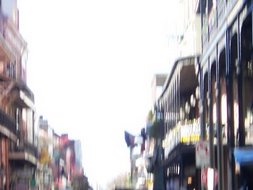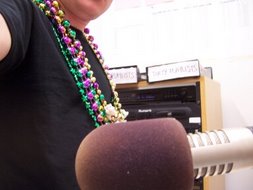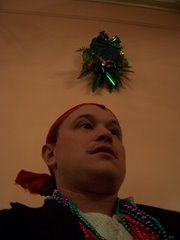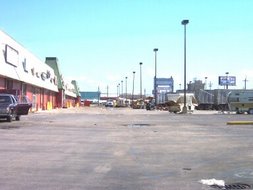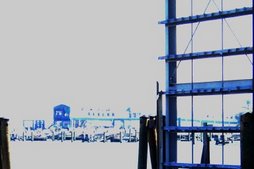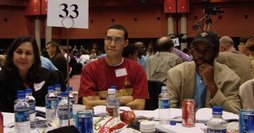
"Overtime, baby!"
A cluster of frat-types curls around my back, shouts at the flat screen, says there's no way they're leaving here for the $40 entrees next door until this one is over. Georgia's heavy-browed kicker just missed the game-winner wide left, and fuck yeah.
Me, I'm trying to keep patient, keep perspective, keep from thinking too much about things that don't matter, benign change and all that.
Then "Like A Rolling Stone" comes on the Maple Leaf's jukebox and the boys start singing in unison, and I'm like, really, how does it feel?
**********************
Willie Tee's was a classic New Orleans musical career, complete with teenage success, work in the jazz avant garde, production and songwriting of the highest quality, and family bonds. Whatever you want to call that genius of breadth that marks the city's great artists, Willie Tee had it.
The pain of his recent passing was doubled by the timing: his brother, saxophonist Earl Tubington, died just last month. Willie was diagnosed with cancer shortly after his brother's death, and went on home in a matter of weeks. We've lost way too many giants in the last year, and we can only hope that their replacements are growing up among us still.
********************
On a long Saturday morning bike ride with Kim, I passed the church on St. Roch where Willie was laid out. A few dudes with horns stood around, and some older cats in suits smoked reefer on one corner. We didn't feel like waiting for the second line, and decided to ride around the neighborhood awhile.
The area is in bad shape. Some people are back, some aren't, but we said good morning to someone on just about every block. Living where we do (for only a little longer), you don't realize what a depressed situation many people are in, with hardly any neighbors, isolated, with few corner stores or signs of city life. It's in areas like the St. Roch neighborhood where you wonder how long people can stand this mess, and how the hell anyone can move back and remain strong in living conditions like these. Downtown, people are holding on.
********************
Uptown at the Maple Leaf Saturday night, I sit at the bar and laugh as the 'Bama boys take a loss and slink off to their duck and okra. I'm early to the Willie Tee benefit, feeling a little pensive in the old haunt, thinking about ol' John Ringo and what Kim must've looked like working behind that bar, and how I'm not going to be Mr. Nostalgia here.
What's changed? Probably nothing. Probably just me. I'm by myself, Kim's chilling at home, I'm not meeting up with anyone, I'm not drunk, I'm 30. Things feel cleaner, but then, too, I'm cleaner. I get the sense that we have some first-time shoppers, but, again, whadda I know?
For the Hot 8 opening set, I stand on the side bench to get a bird's eye view. I'm not so young anymore, but I guess I'm wiser, learned a trick or something here a decade ago. People do that honky dance and the Hot 8 is a really good brass band, with a more evolved vocal thing than others, and the right mix of horns.
So what is different? I ask myself. Well, in the previous lifetime, the Rebirth Brass Band would be selling dope to my friends, claiming it came from exotic locations. In the current lifetime, the Hot 8 Brass Band's original leader was shot dead in his car at the beginning of the year. Point being, I don't know the difference, but there is a bittersweetness in the ritual, at least there is to me. Is this all borrowed time, or is it my one foot in a time warp that shadows the listening? Either way, I'm able to loosen up enough to really dig the Hot 8 by the time they're done. Me and the middle-aged tourist and the college girls.
When they end, I move to the rear bar and get into a conversation about R&B with a very know-ity chick who wants to tell me this and that, but does give me a new James Andrews CD for the show. It's an OK talk, but the whole "Oh-I'm-from-here-gonna-let-you-know-not-really-listening" schtick is the wrong one to wow me with tonight. You want to be a territorialist in a wasteland, best of luck to you.
"Gonna be a great show," we do agree, though.
********************

Afterwards I sit in the side alley and watch cliques pass glass pipes. I'm not in a conversation mood, and not really in the eavesdropping on stoned bluttos mood, either. I'm kinda awkward, really.
Just then I see some people I know, a woman I worked with in New York and her husband, a radio documentarian, both of them Louisiana born and raised. They're in town for a wedding, didn't hear the first set. It's great to talk to them, and they're glad I've moved back.








